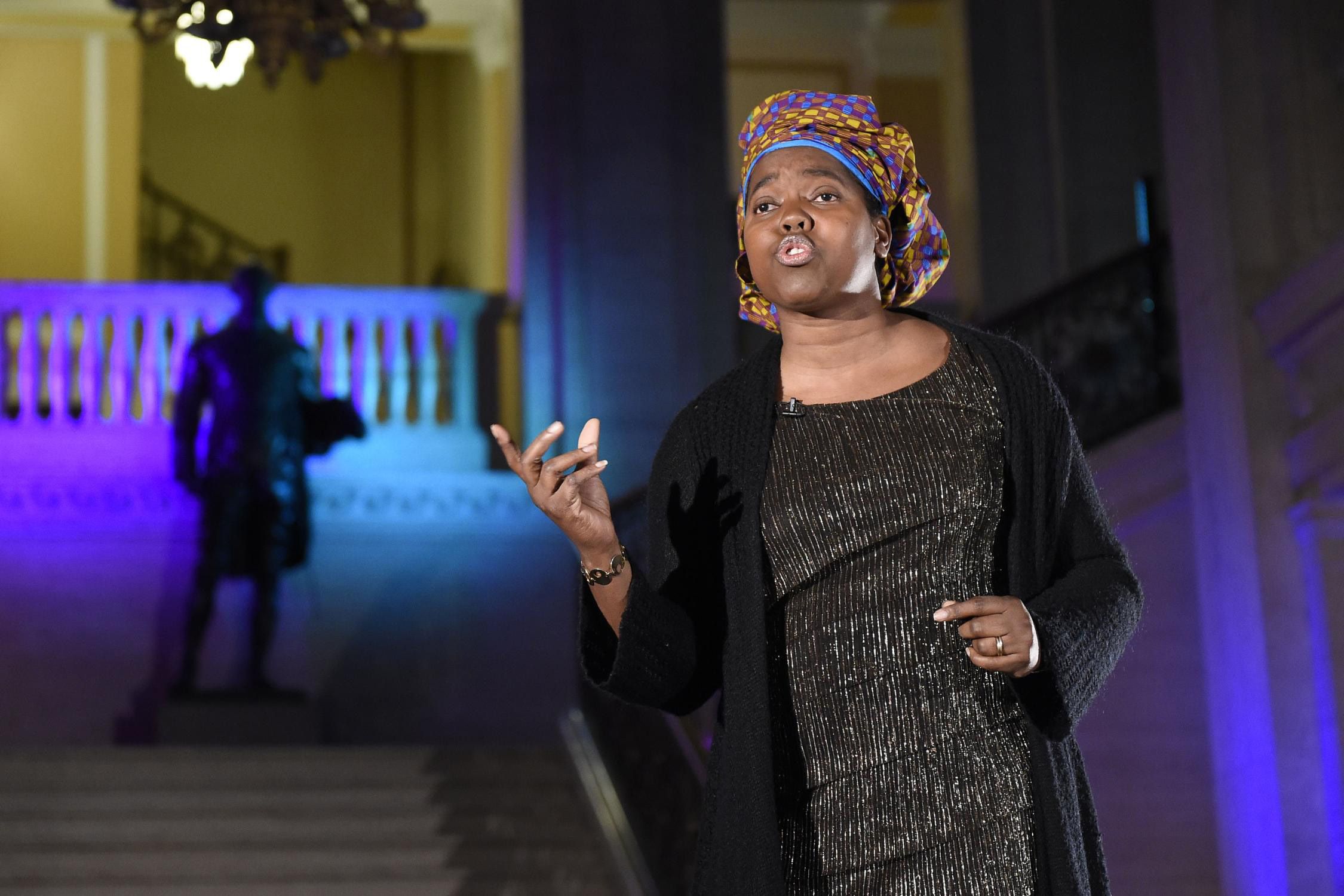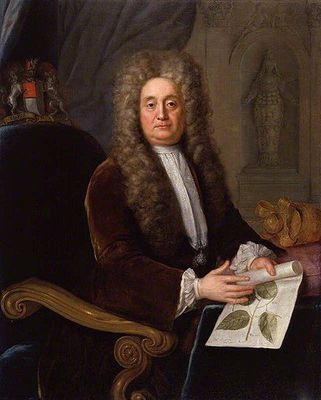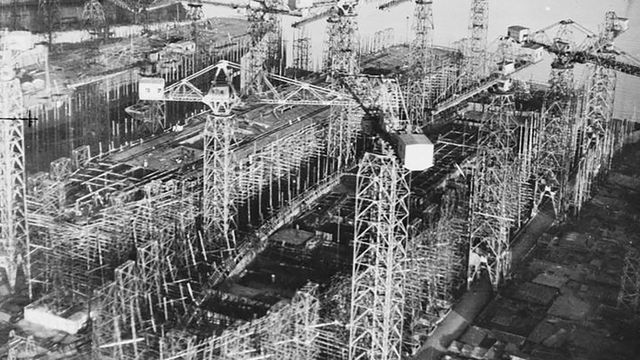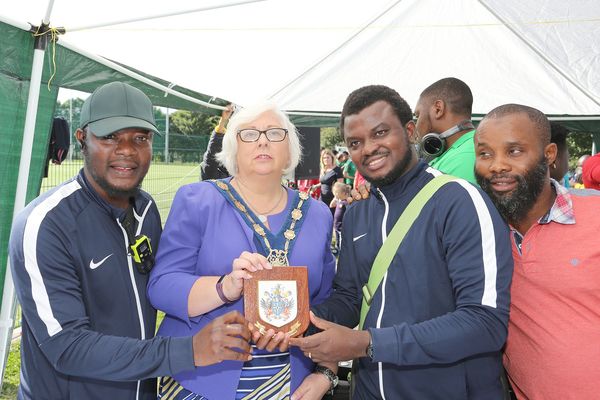POETRY is one of those artistic talents that make the person look like an angel. Even when they write and speak their stanzas, as troubling and intense they may be, the one thing we know about poets, no punter will jeer them.
Poets live a saintly life but that’s my biased opinion because I have never seen a poet limping away from the stage, have you?
So I interviewed Raquel McKee, a Jamaican-born poet who has lived in Northern Ireland for nearly two decades and is loving it. Raquel is married with four children so she has a very busy life which she wouldn’t change for anything.
Listen to Your Local Arena Poetry: ...Sometimes Learn... by Raquel McKee by Cúirt International Festival of Literature on #SoundCloudhttps://t.co/xoiHOKiLC3
— Rainbow Storytelling (@MckeeRaquel) November 10, 2020
She teaches at an integrated school and nothing will stop her from knowledge-sharing obsession, she is a storyteller, singer, dramatist and novelist. Too many art fields for one person you might think, but that’s just because Raquel does not like her artistic work to take the position of a backseat driver. She wants to shine the classic words in her mind, the beautiful voice to her audience even when the theme is a caution to many to behave themselves. She gave a knee to structural racism in a poem called Time Come-Give the Knee to Structural Racism.
I stand with you today applauding those who see the knee for what it is. Not only the weapon in George Floyd’s murder, but also a symbol of the nonchalance of systemic / structural racism. I applaud all whose presence here is echoing the warning: we will not sit back in silence. Time come.
It come, it come, it come. Time come. I stand here as one born and raised in paradise – in the Caribbean – where though the motto is ‘out of many one people’ the residue of colonialism still whispers ‘White? Yuh alright. Brown? Stick around. Black step back.’
Her poems have a way of interacting with your busy self, you could be sitting there with your modern communication gadget texting away but when you listen to the genius in Raquel’s work, suddenly you are aroused to attention, her word is final!
Raquel is definitely one of the best-kept secrets here and this is why she collaborates with many community organisations as well as government bodies and officialdom. She loves the energy in school life, the work place, random audiences participating in workshops and she tries to steer clear off controversies that do not result into positive outcomes. But that’s not to say that Raquel is a soft touch. She is not secretive, she will assess the collaboration before ticking the box, standard common sense I suppose, and that is why it took some patience and convincing for this interview to go ahead.
Good Morning, a little inspiration for your Monday morning from Katie Varga a member of our #interculturalcohort their piece is called Reacting to Hungarian Proverbs. Any other proverbs you can name that may get lost in translation?https://t.co/vKK9sZ8Pny
— Terra Nova (@TerraNovaDrama) March 22, 2021
Working with Terra Nova, an independent intercultural theatre company is one of her many pursuits. Terra Nova is actively publishing online the works of people who successfully pitched to the company.
Many freelance artists are delighted to have their work highlighted by the theatre. On the last day of this year’s Black History Month, Raquel did a virtual performance of In Justice with colleagues Rosa Stourac McCreery, an artistic director workshop facilitator from Newcastle, England, and Michelle Ashwood-Stewart, who is based in Jamaica where she is a playwright and director. They gave a sterling virtual performance which tried to bring a common ground about the struggles and understanding of injustice. It followed from a Zoom broadcast in January 2021. When they premiered Injustice, a thought-provoking conversational piece in response to identity biases and prejudice, their hope was to deliver in simple language the human fears, hope and visions for the future in a divided world.
We are human and so we are all biased but when the issue of justice rears its head, discomfort takes over the injured party and the bully. This is what they want to remind us in the dialogue play, that we must all be responsible for our prejudices. But when this is done in such a virtual dramatic way, In Justice helps to trigger open conversation. It is something that we must all see, definitely. The way it is done defies the deafening silence about prejudice in some areas, loud and quiet moments of dialogue, and the body language is not subtle anymore, you must engage. If your soul and body is tired of hearing the negative stories of the bullied, the victimised, the In Justice project does not allow you to hide.
One of the more historic passages in the narrative is concerning reparations. Are reparations a misunderstood topic? Yes. Is it met with resistance and can easily be dismissed? Yes. Are reparations exclusively about money, compensating families whose ancestors were dehumanised because of their colour? No. It is clear that for In Justice, reparations are a long-term issue, it is a new way of life, not mere money to the victims, human life is not that cheap.
Raquel believes that a lot of things in minority communities depend on shaky foundations. If things start well and progress without the pains of injustice, perhaps there will be nothing as informative and poetic to write about regarding those experiences. She emphasises that how each individual feels about In Justice is very important because this is not owned by any particular group.








